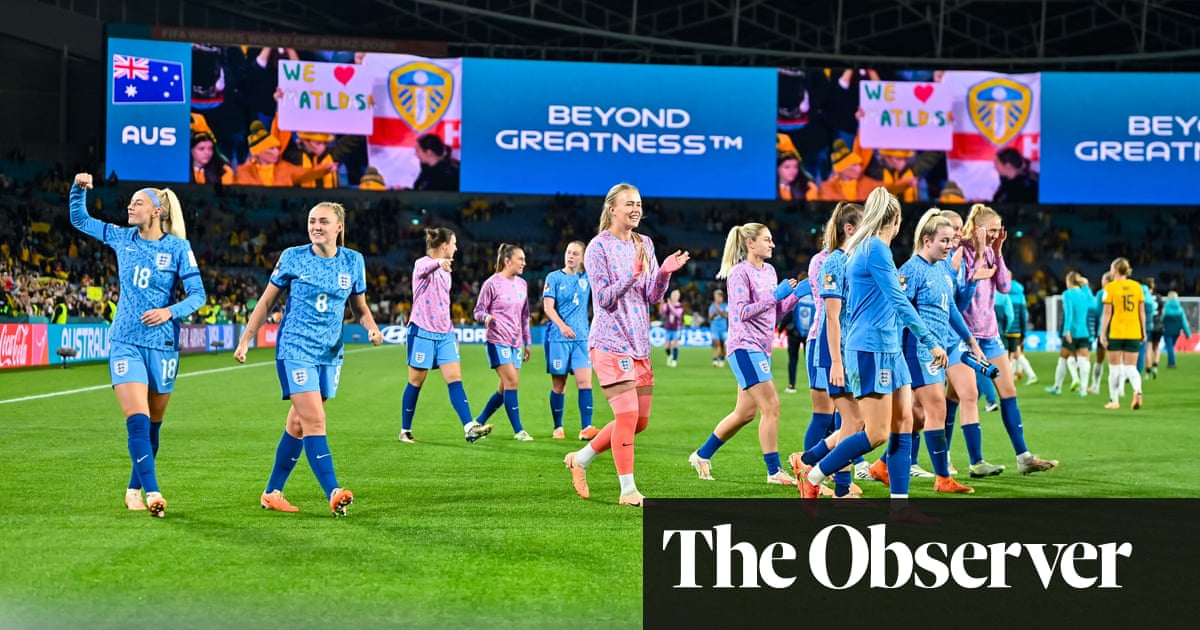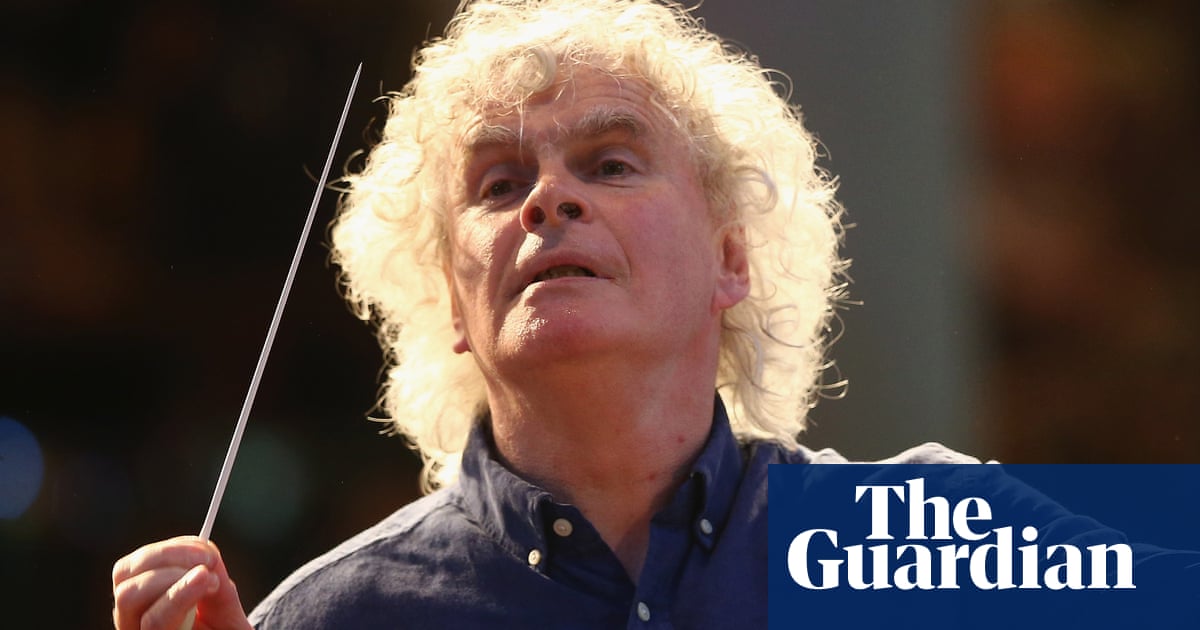
’ve always been vaguely puzzled by the story of the dinosaurs. Not what happened, but why we tell it, and in particular why we tell it to children at such an early stage in their formation. Let’s just try to picture things from the child’s perspective for a second. First, you lovingly render this idyllic prehistoric landscape. Next, you populate it with all sorts of strange and fantastical characters. Stampeding triceratops. Big, clumsy diplodocus. Sleepy stegosaurus. Squawking pterodactyl. The mighty, ravenous tyrannosaurus rex.
Then on the final page, just as the child is beginning to grow an emotional affinity to these beasts, to wonder how they might develop or interact with each other, you destroy the whole planet with a giant meteorite. Entirely without warning, and for no reason at all, every last dinosaur dies: The End. Or worse, the news has to be broken by a sheepish parent as a sort of appalling “Where Are They Now?” epilogue. What lesson, then, is the child supposed to derive from all this? That nothing lasts forever? That everything you hold dear is liable to be incinerated in a giant cosmic fireball at any given moment? Or, conversely, are we to disregard the distressing denouement altogether, and celebrate the fact that these magnificent monsters walked the earth in the first place?
These are the sort of questions worth bearing in mind as professional sport embarks on yet another week of enforced stillness: frozen in time, preserved as if an ant in amber. In the Premier League, Manchester United remain tantalisingly on the verge of breaking into the top four. In the Champions League, the last-16 tie between Lyon and Juventus has been beautifully poised for almost two months. Pakistan are still 1-0 up on Bangladesh with one Test to play. Wigan and Castleford continue to be locked at the top of Super League with 10 points each.
None of this is over, and yet the competitions to which they belong already feel like vestiges, fossils from another geological time. As sport continues to negotiate the aftermath of its own mass extinction event, a thorny question begins to present itself, one that will loom ever larger the longer this continues. What would it mean for all this to just – end?
Of course, some of it has already has. The Belgian league was the first in Europe to bring the curtain down on the 2019-20 season. Scotland may well follow in the coming weeks. But for the most part, the illusion of continuity has been maintained. Even now, merely to advance the idea of abandoning an ongoing competition is to be corona-shamed into submission on social media. But what of promotion and relegation? What of the record books? What of season tickets? What of my £20 bet on Danny Ings for the Golden Boot?
For some reason, and for all the evidence of its ultimate irrelevance, we find it impossible to let go of sport. On this point, fans and broadcasters and administrators seem to be pretty much agreed: the show must go on, even if it drags into autumn, into winter, into the jaws of a possible second pandemic. Even if players need to be swabbed, wrenched from their families and marooned on a quarantined island for two months. However long it takes, however demented and obsessive it begins to look: it started, and therefore it must be finished.
Why might this be? Naturally, for those with skin in the game there are powerful financial factors at work: all those unfulfilled television contracts, all those unhonoured hospitality bookings. But for the rest of us, there is something more profound going on: the same thirst for closure, the same cognitive bias that tempts you to read a book all the way to the end, even if you’re not remotely enjoying it. As children, we learn that ending a story with the words “and it was all a dream” is the lamest of cop-outs. As adults, the words “and then there was a big virus and everything just finished” feel equally unsatisfying.
Yet both art and life offer us numerous examples of the sudden, inscrutable ending: the seemingly random cataclysm that recasts what preceded it in an entirely new light. The Sopranos finale. The absurdist, Biblically themed ending of Paul Thomas Anderson’s Magnolia. The abrupt deus ex machina resolution to The War of the Worlds. Occasionally, sport goes the same way. What can Devon Loch’s slip or Zinedine Zidane’s head-butt or Jean van de Velde’s meltdown at Carnoustie possibly mean?
Perhaps nothing. Perhaps it scarcely matters if Roger Federer and Rafael Nadal never meet on a tennis court again. Perhaps it scarcely matters if Simone Biles misses out on Tokyo 2021. Perhaps it scarcely matters if Liverpool’s first league title in 30 years is thwarted not by collapse on the pitch but a deadly virus. Perhaps we seek closure a little too unquestioningly, demand loose ends to be too neatly tied, crave certainty in a world where none can possibly exist.
If you can’t find meaning in the ending, then find meaning in the story instead. The sport we love, the sport we were looking forward to, isn’t coming back: not, at any rate, in the form or context in which we envisaged it. Some of the compromises to unfold over the coming months will feel dirty, unjust, wrong. Go with it. Remember that sport in its purest form is its own reward. That sometimes the journey is as important as the destination. And that at its outset, even a life-destroying meteorite first appears in the night sky as the most brilliant light.












